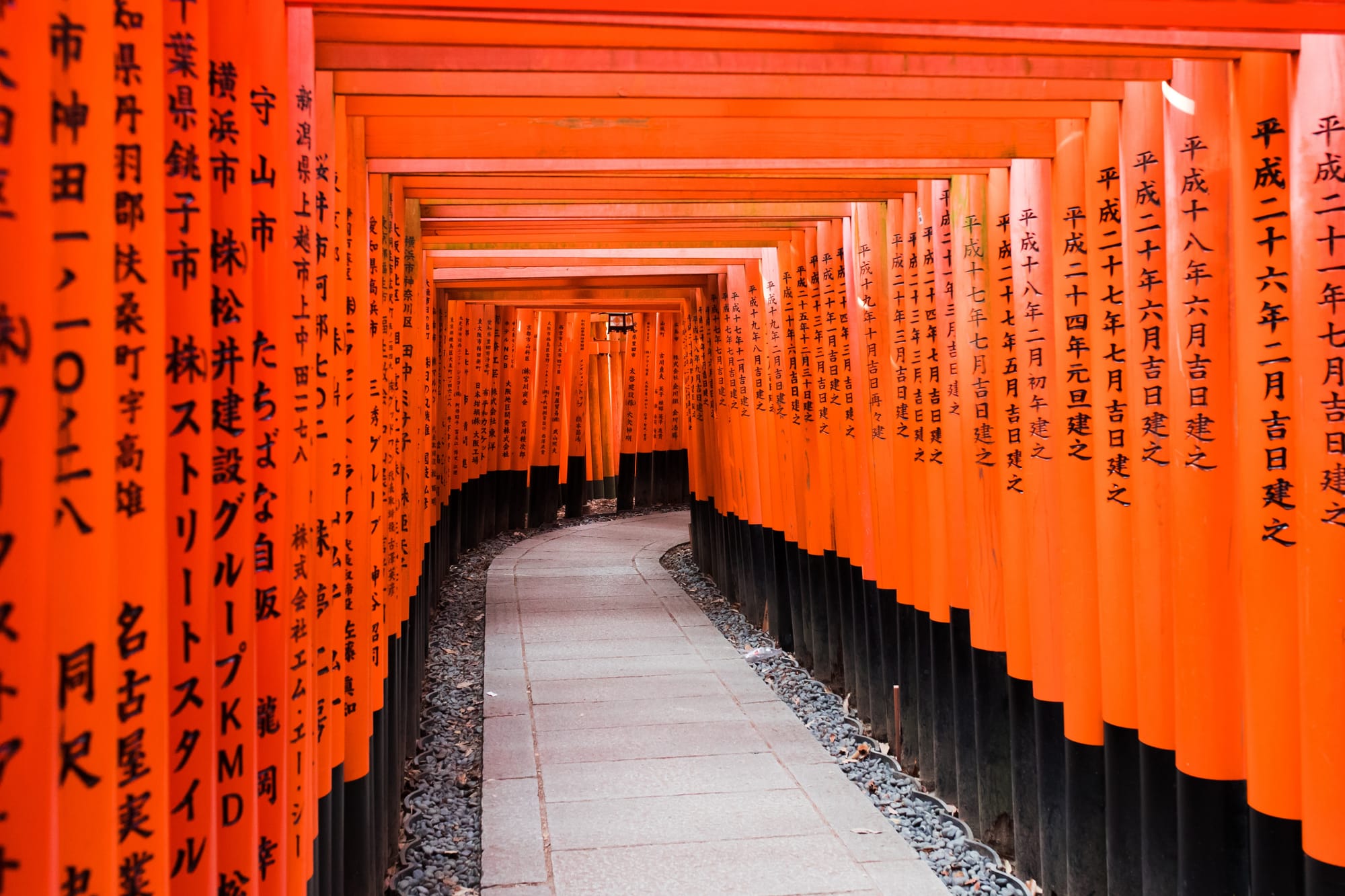
China’s recent clampdown on foreign casinos has been portrayed as an extension of Xi Jinping’s anti-corruption drive, but it is also more than that. The motives behind Xi’s declaration of war against the global gambling industry can best be understood on four different fronts.
The first front is the incursion of foreign casinos into China itself – most notably into the Chinese territory of Macau. Macau has its own separate legal system, so while gambling is officially illegal on the mainland, where only two official national lotteries are permitted (China Sports Lottery and the China Welfare Lottery), it is entirely legal in Macao.
Foreign pressure
Foreign casinos, including those controlled by the James Packer-linked Melco Crown Entertainment, have been opening and flourishing on Macao since the market was liberalised in 2001, drawing millions of mainland Chinese visitors. Even on the mainland, foreign casinos have been persistent in their efforts to penetrate the market; by stealth if necessary. As early as 1993, for example, Malaysian companies were reportedly trying to operate slot machine parlours in the northeastern cities of Haerbin and Dalian – claiming to be “entertainment” venues, not gaming operations because they paid out “gifts”, instead of cash.
In 2005, American gambling magnate William Weidner, owner of the highly lucrative Sands Macao casino announced that the nearby mainland city of Zhuhai had selected his company, Las Vegas Sands, to “proceed with master planning” for a resort on the city’s Hengqin Island.
Similarly, the southern tropical-climate Chinese island of Hainan, with its growing number of large resorts, has been flirting with legalising gambling since 2005. In 2010, the Chinese State Council even went so far as to approve a resolution allowing Hainan Island to function as a testing ground for China’s lottery and gambling industry.
Poker events have been held on Hainan and at one stage the Mangrove Tree resort in Sanya (Hainan’s capital) even boasted a cashless casino bar.
Then there was the high-pressure pitch by Weidner Resorts, including a slick Chinese-language public relations video that succeeded in persuading the people of Matsu in 2012 to become the first Taiwanese territory to approve gambling - right on the doorstep of mainland China.
Legalisation not going to happen
While legalising casinos might seem an obvious way for the Chinese government to boost economic growth, it is not going to happen any time soon for a number of reasons. First, there is the perennial concern of central Chinese authorities with the maintenance of control over the provinces – a fear that the provinces might go their own way a step too far, especially down south where provincial governments are all-too aware that “the mountains are high and the emperor is far away”. Legalising casinos would help provincial officials strengthen their own power bases and increase local revenues – something Beijing is not keen to encourage.
More importantly and not surprisingly, when foreign companies with dollar signs in their eyes use hard-sell techniques seeking access to China’s enormous market, China’s leaders remember that other addictive product thrust upon them by the British in the 19th Century – opium. Like opium, gambling is linked to organised crime, social problems and social disruption. Like opium, gambling causes bankruptcies and generates instability in the wider financial system.
Further instability in an already shaky financial system is not what the Chinese authorities want. This is the second frontier of China’s war on big gambling – the financial frontier. Here, the battle includes a crack down on Macao’s “junket system” – offering financing options to China’s high-roller patrons – which grew rapidly in the early 21st century until Xi’s recent anti-corruption drive brought that growth to a sudden halt.
It also involves controlling credit and tracking money - most notably through official monitoring of Chinese travelers’ use of UnionPay, the only domestic bank card in mainland China. Gambling revenue in Macau contracted last year for the first time since 2002, plummeting 30% in December alone. The junket system is now on life support after 16% of junkets closed in 2014.
Visa restrictions for mainland Chinese entering Macau have also tightened, and further restrictions on Chinese travelling to overseas gambling destinations can be expected. Unable to enter mainland China directly, foreign casinos have set up base in nearly every country bordering and near China, including Myanmar, Laos, Vietnam, Cambodia, Singapore, the Philippines, South Korea and Australia. Understandably, the Chinese authorities feel surrounded by glittering gambling venues luring their nation’s citizens overseas. Travel is thus the third front on which the battle is being fought.
Expect to see closer monitoring of wealthy Chinese venturing abroad, even if it requires the Chinese authorities to seek the assistance of Australian and other foreign authorities. There has been some speculation that closer scrutiny of foreign casinos might mean a return by some high-rollers to Macau - the share price of Macao casinos rose slightly on the announcement of a clamp-down on foreign operators as investors saw the dynamics change back in favour of China’s glittering city.
Tempting images
The fourth and final frontier is all forms of advertising in China – including all of the many avenues through which foreign casinos attempt to send tempting images and messages to any Chinese person wealthy enough to respond. So how do you promote your casino in China, when gambling and casinos are illegal? Well, first of all you select a well known and acceptable celebrity, like Chow Yun Fat – one of Hong Kong’s biggest action heroes – and then you create a slick advertising campaign that hits all the right buttons in the viewer without actually referencing gambling or casinos.
Crown Macau’s ad, for example, shows Chow Yun-Fat in James Bond mode, throwing square ice cubes from afar into a glass (suspiciously like craps), spinning a plate of fine food (looking rather like a roulette wheel) and displaying tarot-like (or Blackjack) cards.
The script and video were approved by the Chinese government authorities, air time confirmed and paid for, and the ad went to air. It lasted four days before someone in authority realised what was happening and the ad was pulled and banned from being shown on the mainland.

Alice de Jonge does not work for, consult, own shares in or receive funding from any company or organisation that would benefit from this article, and has disclosed no relevant affiliations beyond the academic appointment above.
Source: http://theconversation.com/what-lies-behind-chinas-clampdown-on-foreign-casinos-37359





